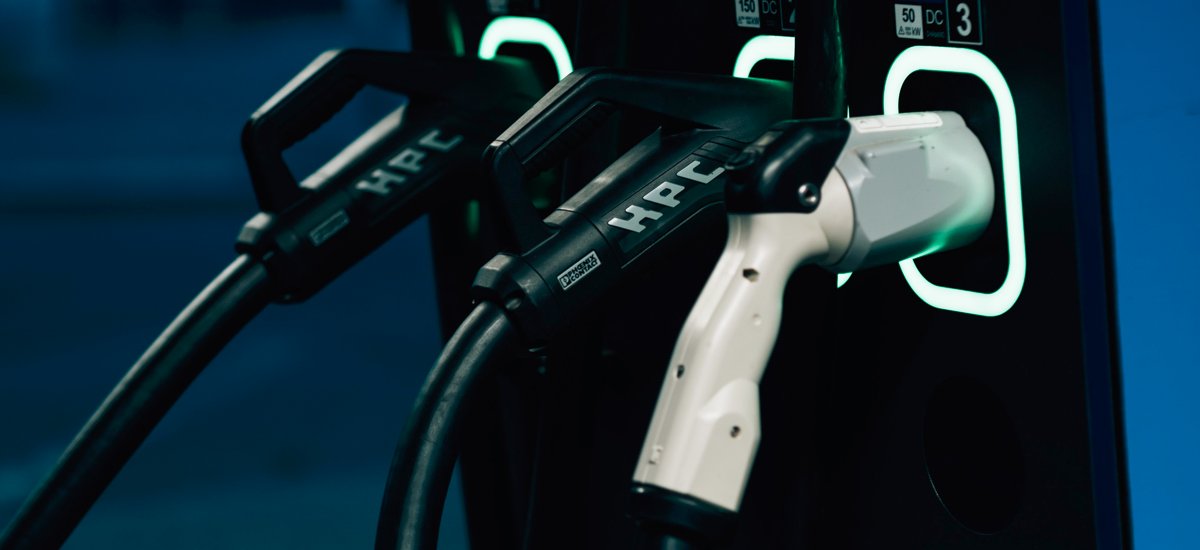
 Your Credit Estimate
Your Credit Estimate
 Your Credit
Your Credit
Your zip code helps us provide you with the most accurate vehicle pricing and vehicle availability.
We estimate your credit score to give you an idea of your monthly payments. To get an accurate payment amount, complete our credit application by clicking the Start Credit Application button below.
start credit application
Buying a new car always feels like a great experience, especially when it saves you some money. At NowCar, we help consumers get the best price we can give them when buying a new car online, and with the available federal tax incentives with plug-in hybrid electric vehicles (PHEVs) and electric vehicles (EVs), going green has never been cheaper. The one problem consumers see with this is the tax credit only applies to new EVs and PHEVs at the moment. That’s all about to change with the Inflation Reduction Act, including a tax credit for used electrified vehicles.
The tax credit isn’t the whole $7500 most EVs qualify for. Instead, income-qualified buyers will receive a tax credit equal to 30-percent of the total cost of a used EV, PHEV, battery-electric vehicle (BEV), or hydrogen fuel cell vehicle. The total tax credit can’t exceed $4000. Moreover, the tax credit is only applicable to vehicles that are at least two model years old and cost $25,000 or less. That greatly decreases the pool of choices, making the change to the Act not worthwhile for another few years. Two years ago, Stellantis wasn’t even touching EVs, and many other automakers were dragging their feet to leave their gasoline models behind.
That tune changed in March 2022, when a lot of the major automakers shared their plans for the rest of the decade, such as Dare Forward 2030 by Stellantis, the new EV lineups from the Renault-Nissan-Mitsubishi Alliance, and the expansion of the Plan S Strategy for Kia Corp. All of these automakers and automotive groups have plans to release upwards of 70+ EVs by 2030. Kia claims to be releasing two new BEV models every year between now and 2027. Dodge is already releasing electrified models for its eMuscle lineup, such as the 2023 Dodge Hornet PHEV and two-door Dodge Charger Daytona SRT Concept. Ram has an all-electric Ram 1500 pickup, and Jeep is touting its all-electric Jeep SUV, both set for launch in 2024, if not sooner.
Regardless, this lineup of new models will only be eligible for the federal tax credit if purchased new, not used. Even with the Inflation Reduction Act, it will be several years until these vehicles can be considered. Looking back at electrified vehicles two years ago (from 2022) and further, the choices aren’t many. In addition, those vehicles that do meet the price limit also need to have a short battery range, pushing the model year back as far as 2016. With input from Edmunds.com, the numbers really make it clear the hardship these restrictions pose.
"[It's] going to be hard to find a 200-mile EV — very hard, if not impossible — that qualifies for this credit right now…You're going to have a lot of 'compliance cars...[and the $25,000 threshold is] going to hinder the subset of vehicles that it's applicable to but also to the subset of consumers that find a vehicle that actually fits their needs," - Ivan Drury, director of insights at Edmunds, told Automotive News
Out of the one million used vehicles listed for sale on the Edmunds website as of August 2022, only 0.04-percent of these models were EVs priced below the $25,000 mark. Now in 2022, even 2020, EV models in 2016 and in recent years are just completely two different breeds. After our article on California killing off internal combustion engine (ICE) vehicles by 2025, the rest of the country doesn’t plan to follow. Perhaps the Inflation Reduction Act needs a little more editing to be realistic for the next few years and not going backwards.
Have any thoughts on this to share? Join the discussion on NowCar social media. Skip the stress of meeting these standards and buy a new EV online with NowCar and get that sweet $7500 tax credit.